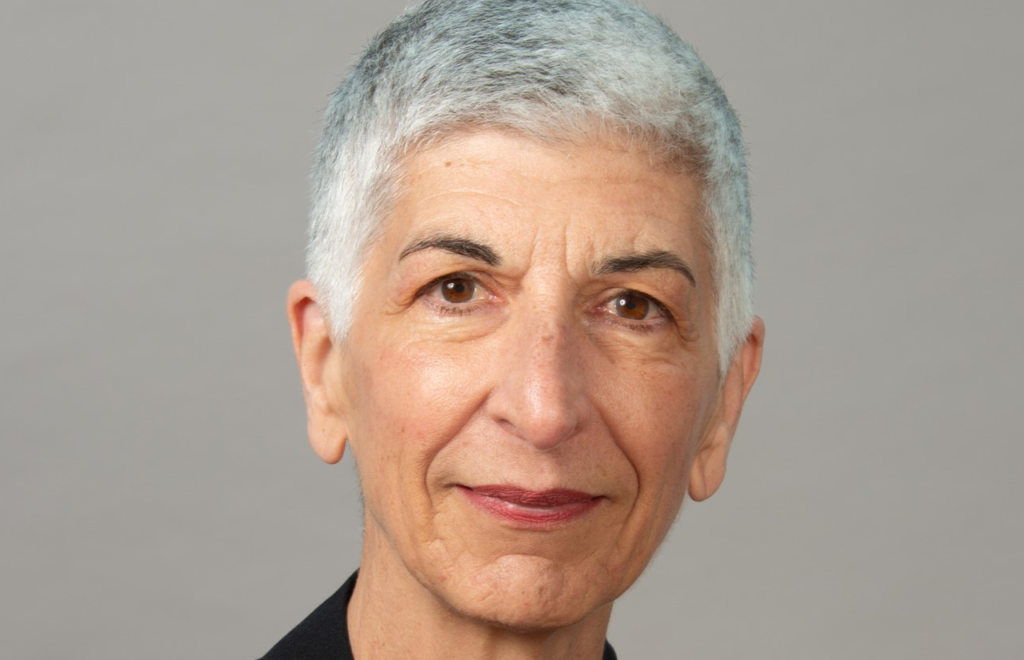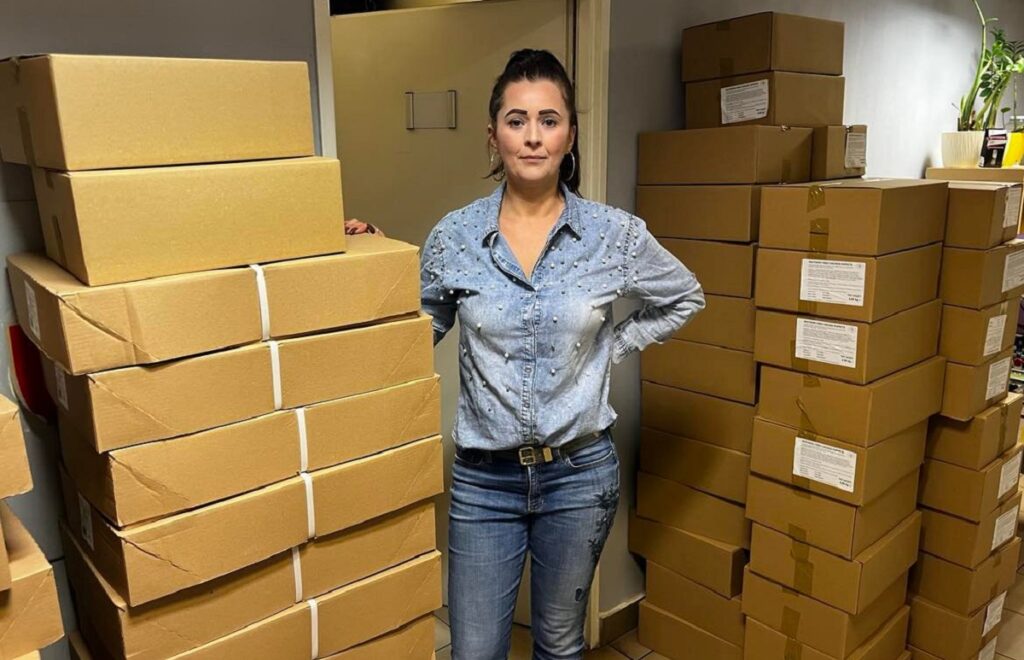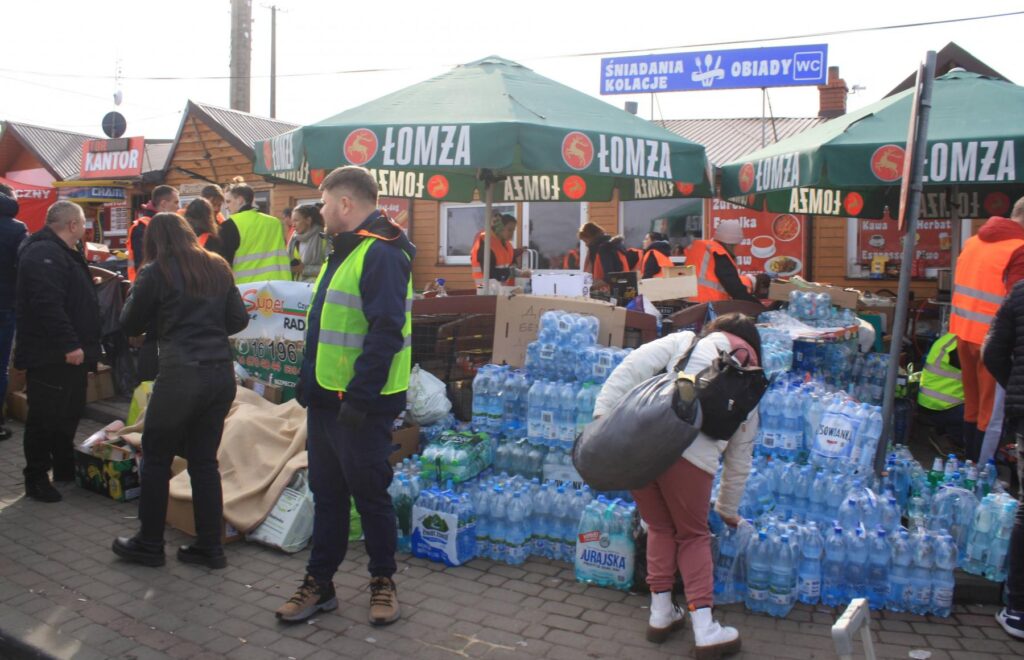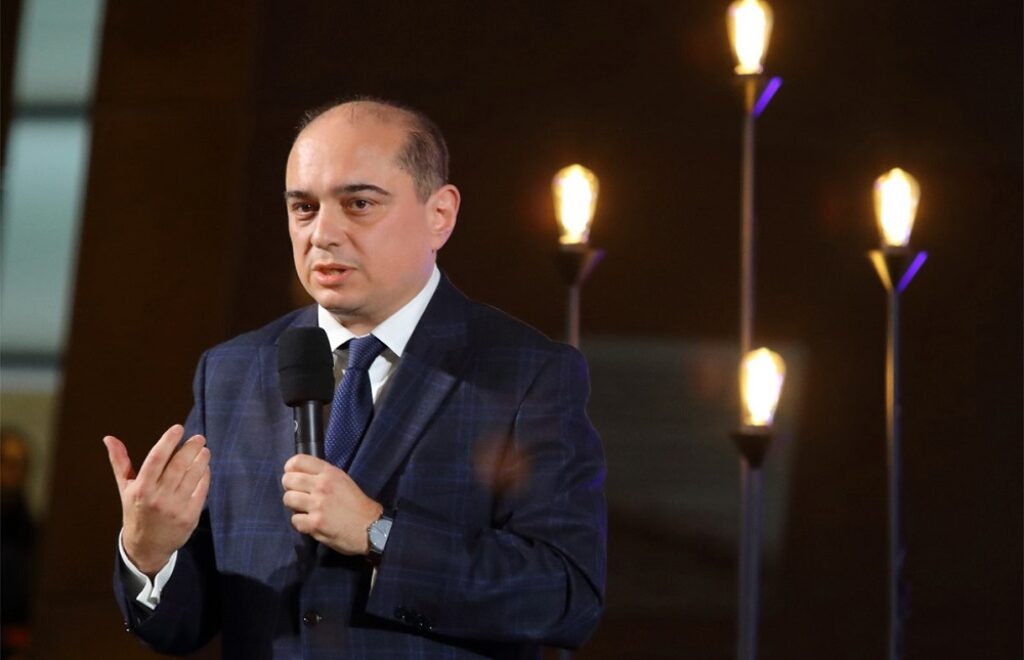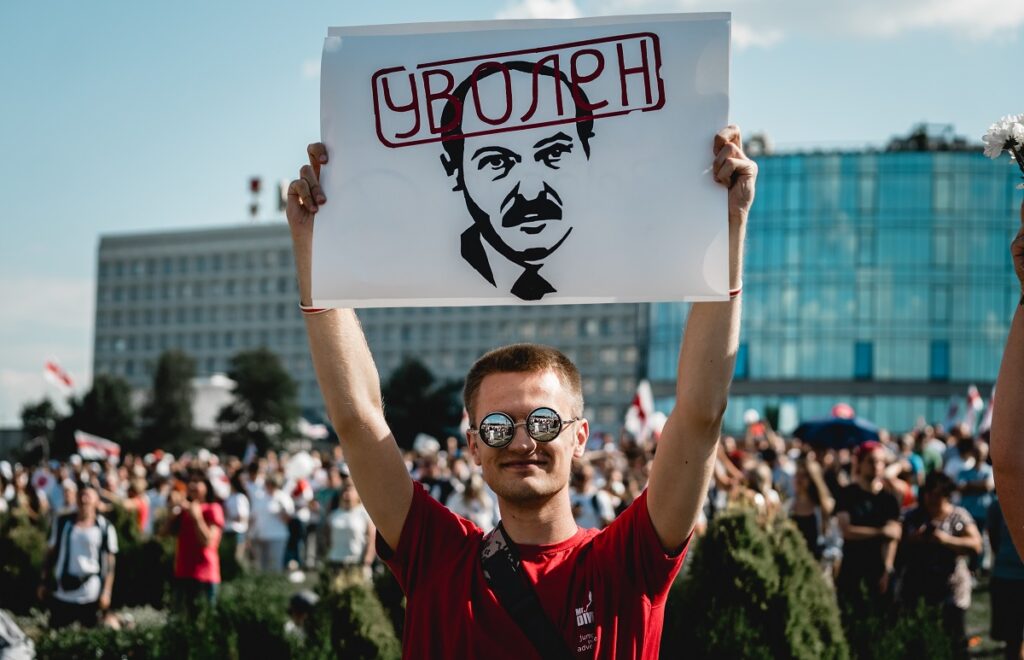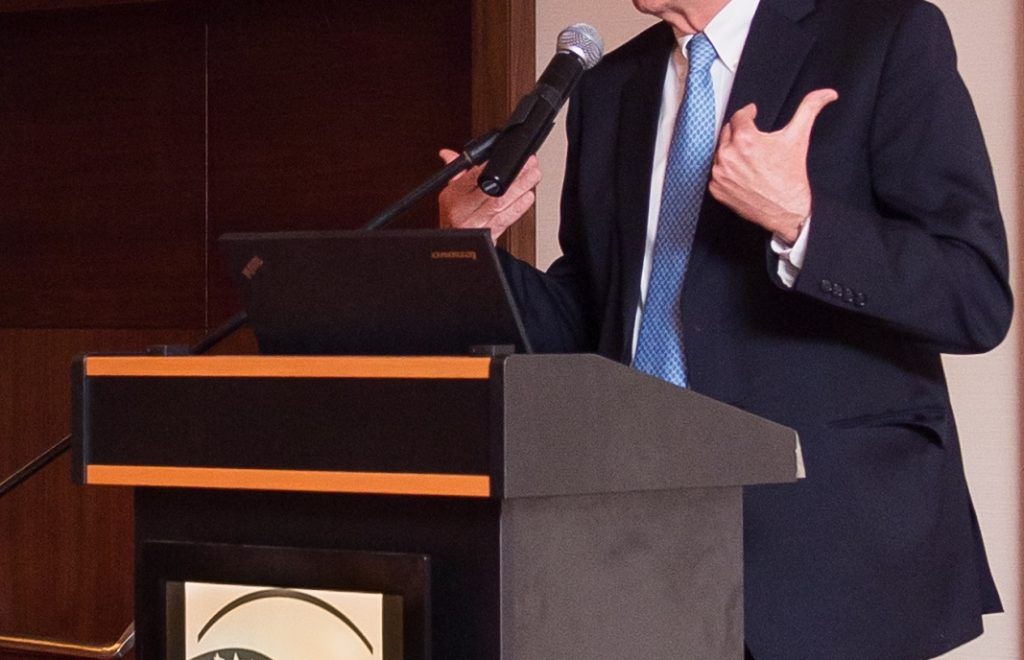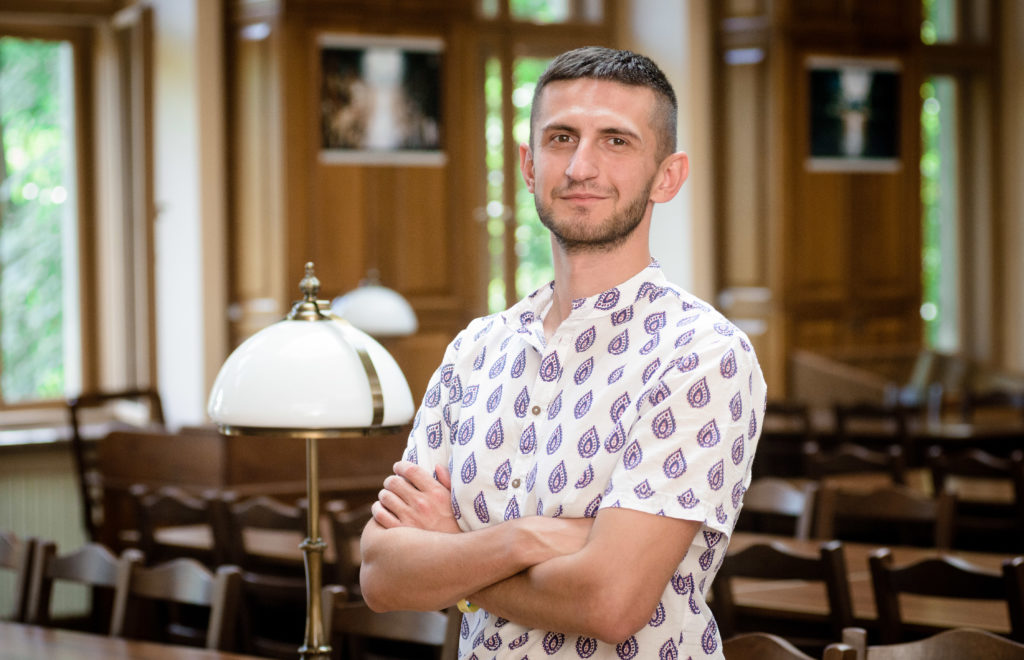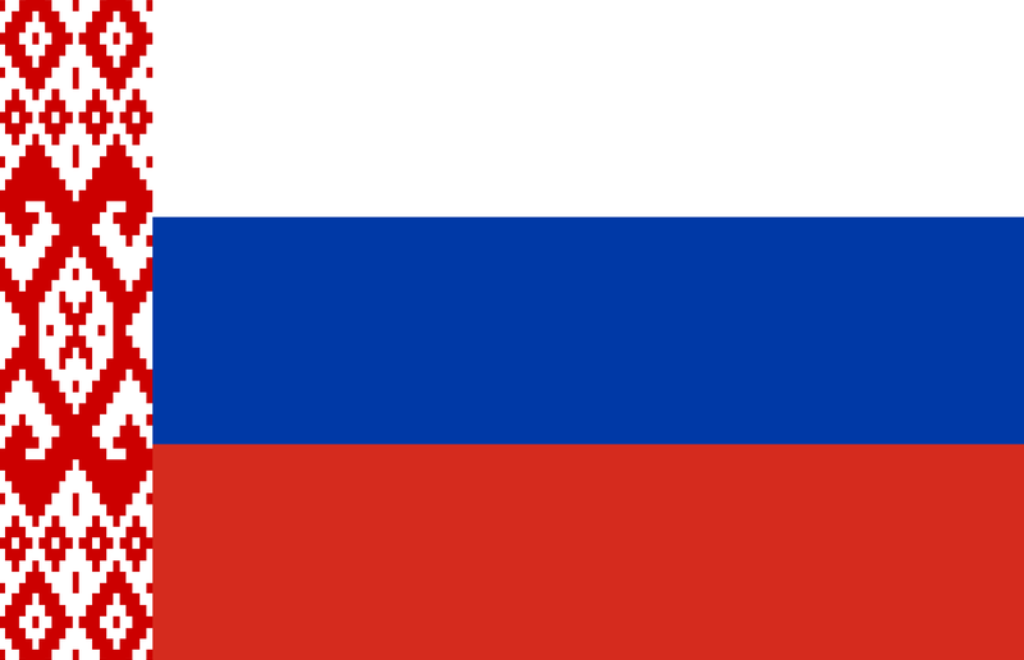Through empathy you also become a witness
KINGA ANNA GAJDA: In your collection of poems The Voices of Babyn Yar you speak about the Holocaust through the voices of those who witnessed this atrocity. Your poems are not a one-person narrative but a polyphony of the different voices of witnesses who talk about what happened during the Second World War. That perspective is understandable. However, now Ukraine is again in a state of war and you and your loved ones are the witnesses to the crimes and destruction. What does this experience mean to you and how is it reflected in your poetry?
MARIANNA KIYANOVSKA: It is a very complicated experience. To answer this question, I need to refer to my book, titled in Ukrainian Блискавка зустрічає воду і вітер, which could be translated into English as The lightning meets water and wind. This collection of poems was published in Ukraine in 2023 and is in a sense a continuation of The Voices of Babyn Yar.
April 11, 2024 - Iwona Reichardt Kinga Gajda Marianna Kiyanovska



